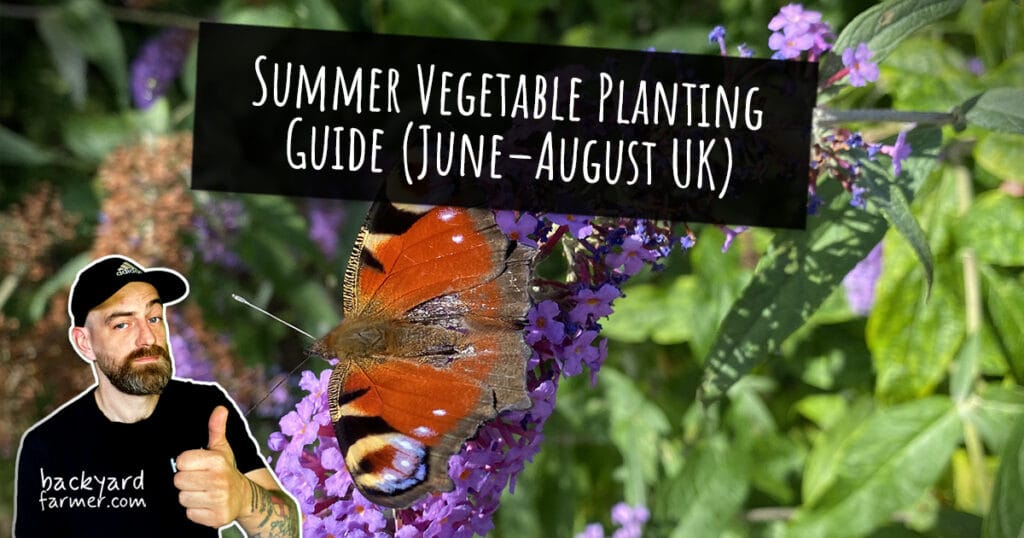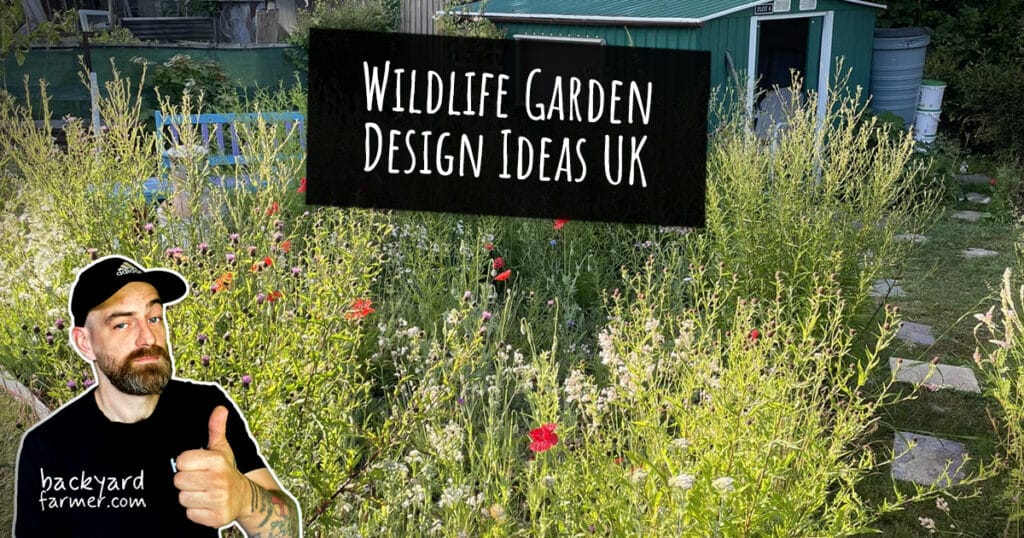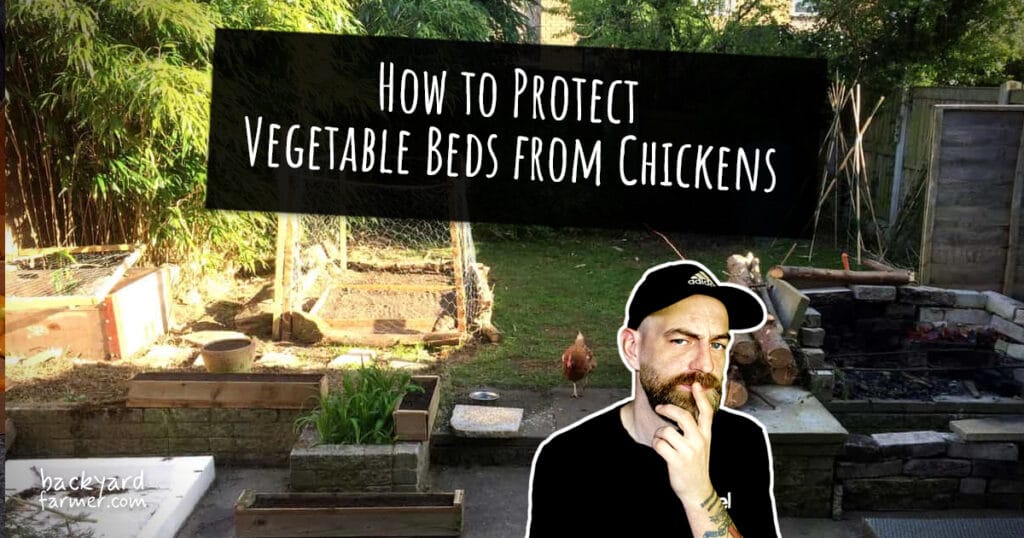Introduction
Embarking on a zero waste journey can feel like a daunting task, especially when faced with the daily realities of a waste-heavy world. However, starting small can lead to significant changes over time. Whether you’re looking to reduce your environmental impact, simplify your life, or just feel more connected to the earth, adopting a zero waste lifestyle is a meaningful way to live more sustainably. In this guide, we’ll walk you through easy, actionable tips to help you kickstart your journey toward a waste-free life.
Understanding the Zero Waste Lifestyle
What Does Zero Waste Really Mean?
The zero waste lifestyle is about minimizing the amount of waste you produce, ideally to the point where nothing ends up in a landfill or incinerator. It’s not just about recycling more; it’s about rethinking how you consume products, prioritizing reusable items, and reducing overall waste production. At its core, zero waste is a philosophy that encourages sustainable living by focusing on reducing, reusing, and recycling.
Common Misconceptions About Zero Waste Living
Many people assume that living a zero waste lifestyle means never producing any waste at all, but that’s not necessarily the case. Zero waste is more about striving to minimize waste as much as possible, not achieving absolute perfection. Another misconception is that zero waste living is expensive or time-consuming, but with some initial adjustments, it can actually simplify your life and save you money in the long run.
Assessing Your Current Waste: The First Step
Conducting a Personal Waste Audit
Before you can reduce waste, it’s essential to understand where your waste is coming from. Conducting a personal waste audit is a straightforward process: collect and categorize all the waste you produce over a week. This will give you a clear picture of what types of waste you’re generating the most and help you identify areas where you can make the biggest impact.
Identifying Key Areas for Waste Reduction
Once you’ve completed your waste audit, take a look at the most common types of waste in your household. Are you throwing away a lot of food? Using a lot of single-use plastics? By identifying these key areas, you can prioritize changes that will have the most significant impact on reducing your waste.
Simple Steps to Start Reducing Waste at Home
Switching to Reusables: Bags, Bottles, and More
One of the simplest ways to start reducing waste is by switching to reusable alternatives for everyday items. Reusable shopping bags, water bottles, and containers are a great place to start. These items replace single-use plastics, reduce waste, and often save you money over time.
Composting: Turning Food Scraps into Soil
Food waste is a significant contributor to landfill waste, but it doesn’t have to be. Composting is a natural process that turns food scraps into nutrient-rich soil. Start by collecting your food scraps—such as vegetable peels, fruit cores, and coffee grounds—in a compost bin. Over time, these will break down into compost that you can use in your garden or donate to local community gardens.
DIY Home Solutions: Cleaning Products and More
Many household products come in plastic packaging and contain harmful chemicals. By making your own cleaning products, you can reduce waste and create a healthier home environment. Simple ingredients like vinegar, baking soda, and essential oils can be combined to create effective, non-toxic cleaners for your home.
Taking Your Zero Waste Habits on the Go
Smart Shopping: Bulk Buying and Packaging-Free Options
When it comes to shopping, choosing bulk options and packaging-free products is a great way to reduce waste. Bring your own containers to the store and fill them with items like grains, nuts, and spices. This not only cuts down on packaging waste but also allows you to buy only what you need, reducing food waste as well.
Dining Out: Reducing Waste While Eating Out
Eating out can present challenges when trying to maintain a zero waste lifestyle, but with a little planning, it’s entirely possible. Bring your own containers for leftovers, refuse plastic straws and utensils, and support restaurants that prioritize sustainable practices. These small actions add up and make a significant difference.
Sustaining Your Zero Waste Lifestyle Long-Term
Setting Realistic Goals and Celebrating Progress
Starting a zero waste lifestyle is a journey, not a destination. Set realistic, achievable goals, such as eliminating one type of single-use plastic from your life, and build from there. Celebrate your progress along the way—it’s important to recognize the positive changes you’re making.
Involving Family and Friends in Your Journey
Living a zero waste lifestyle is easier and more enjoyable when you involve others. Encourage your family and friends to join you by sharing tips and successes. This not only spreads awareness but also creates a supportive community.
Overcoming Challenges and Staying Motivated
It’s natural to face challenges on your zero waste journey, especially in a world full of convenience-driven, wasteful options. Remember that every effort counts, and it’s okay to make mistakes along the way. Focus on your progress, stay motivated by reflecting on your successes, and continue learning and adapting as you go.
Conclusion: Reflecting on Your Zero Waste Journey
The Impact of Small Changes on the Environment
As you progress in your zero waste journey, you’ll begin to see the cumulative impact of your efforts. Each small change—whether it’s composting your food scraps or refusing single-use plastics—contributes to a healthier planet. These actions not only reduce your environmental footprint but also inspire those around you to make more sustainable choices.
Continuous Learning and Adapting to a Sustainable Lifestyle
A zero waste lifestyle is an ongoing learning process. As you become more comfortable with your new habits, continue exploring new ways to reduce waste and live sustainably. Share your experiences with others, stay informed about new developments in sustainability, and keep adapting your lifestyle to make an even greater positive impact.







